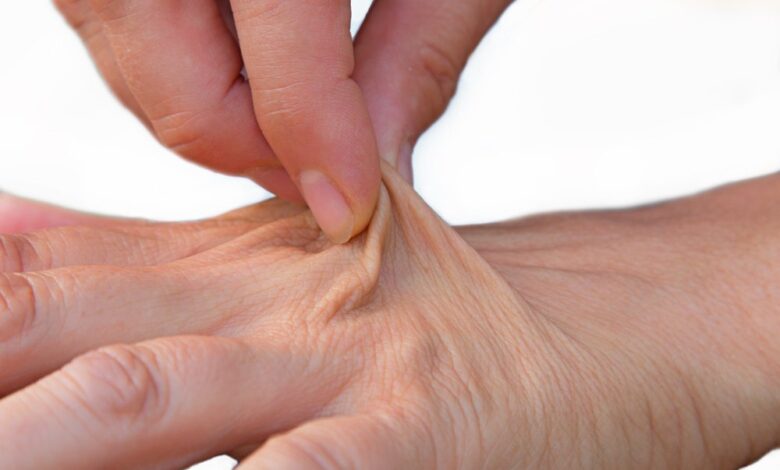Why Dehydration is a Serious Issue for the Elderly?



The negative effects and potential consequences of a lack of hydration in older adults are compounded tenfold compared to younger people. So too, is the risk of potential for dehydration exacerbated for the elderly, and prevention must be a focus. With this in mind, here’s why dehydration is so serious for elderly people and the key risk factors.
Leading Risk Factors
Due to the natural aging process, older people are far more susceptible to preventable dehydration, largely due to the entirely normal changes to the physiological make-up of the body.
Common minor and more serious health conditions and issues can also exacerbate the risk of becoming dehydrated, including an increased level of physical frailty, memory-based illnesses, and even the common cold or flu.
Interestingly, for people living with Alzheimer’s or another form of dementia, a reduction in the feeling of thirst is common, as is also the case of people who have suffered a stroke. Other common risk factors for older people becoming dangerously dehydrated include problems with renal function, difficulties with swallowing, diabetes, and lack of movement for prolonged periods.
Consequences of Prolonged Dehydration
When older adults and elderly people move into a respected and established care home, such as morriscare.co.uk, preventable dehydration is something that simply never occurs, as staff and medical professionals always ensure that the residents remain suitably hydrated.
Just a selection of the more common consequences of prolonged periods of dehydration include the following:
- Low blood pressure
- Skin conditions such as eczema and psoriasis
- Reduced focus and concentration
- Tiredness and fatigue
- Dizziness and weakness
- Pressure sores
- Heightened sense of anxiety and stress
- A reduction in feelings of happiness and contentment
Signs & Symptoms of Dehydration
Whether you’re the unofficial carer for an elderly friend or family member and are admirably doing as much research as possible into the various prevention methods of common health issues, or else you’re looking to move into the professional field of care, it will help to pay attention to the main signs of dehydration.
These signs and symptoms include particularly dry skin, disorientation and dizziness, confusion, a feeling of drowsiness, headaches and migraines, too-dark urine, and dry eyes, tongue, and mouth.
How to Keep Your Loved One Suitably Hydrated
Finally, as you now know, the range of serious medical conditions caused by a lack of good hydration in not only older people and the elderly, but anyone of any age, it pays to know how to ensure that aging relatives are taking care of themselves in this area.
Discouraging your friend or family member from smoking (cigarettes, cigars or vape pens) and drinking an excessive amount of alcohol can both go a long way to helping the situation, as will offering alternatives to plain “boring” water, such as low sugar flavored drinks.
In addition, make sure that they’re consuming a wide variety of foods with a naturally high water content, such as cucumbers, celery, lettuce, beets, tomatoes, lettuce, watermelon, oranges, and grapes.



